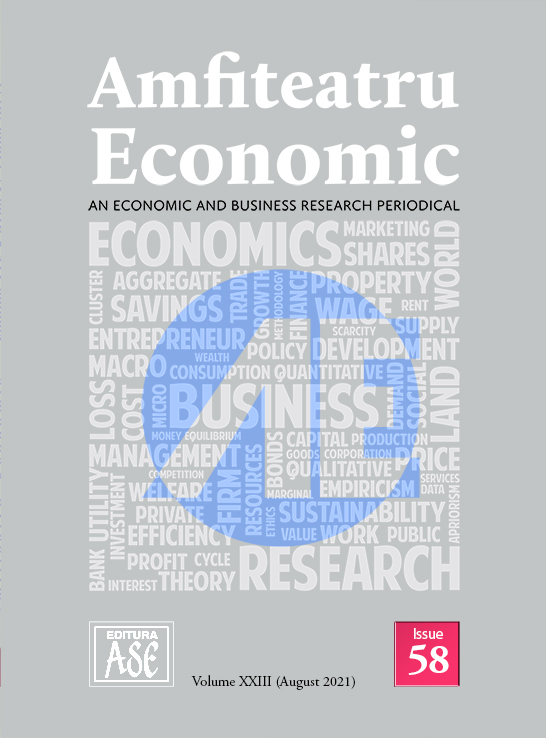The Crisis After the Crisis – Resilience or Reset?
The Crisis After the Crisis – Resilience or Reset?
Author(s): Valeriu Ioan-Franc, Andrei-Marius DiamescuSubject(s): Business Economy / Management
Published by: EDITURA ASE
Keywords: economic crisis; pandemic crisis; the economy of Romania; economic development; economic resilience; economic reset; “the crisis after the crisis”; National Recovery and Resilience Plan;
Summary/Abstract: The concept of “the crisis after the crisis” recently introduced in the academic debate refers to the fact that, since the outbreak of the health crisis generated by SARS-CoV-2, the pandemic has had a major impact on all economic, social, political and cultural activities of the daily life, influencing significantly the global development. However, the sanitary crisis has induced a multiple faceted crisis, with a number of implications whose consequences are to impact on the further development of the human society as a whole.Treated at first with a certain degree of “relaxation”, considering the stage we were facing at the time, when both the scientific community and the decision-making actors of the responsible organizations in the field were focusing on the management of the situation, unprecedented at such a scale, on identifying the protocols and action strategies, respectively on implementing recommendations for governments, companies and population, “the crisis after the crisis” would really capture the researchers’ attention in the second part of the last year. On the occasion of the Penser lʼEurope International Academic Seminar of the Romanian Academy in October 2020, the phrase was retained internationally by two famous economists, honorary members of the Romanian Academy: Jaime Gil Aluja, the president of the Spanish Royal Academy of Economic and Financial Sciences, and Thierry de Montbrial, member of the French Academy of Moral and Political Sciences.The debate that took place on this occasion, obviously “energized” by the already visible social, cultural, economic and sanitary effects, as well as the major impact of the pandemic over the national and international macroeconomic indicators, extended significantly the field of thought regarding the “cascading” consequences both of the infections and of the measures to limit and especially to combat the spread of the virus, justifying once more the necessity to quickly identify globally viable solutions adjusted to each national economic and epidemiological bivectorial context to facilitate the return to a normal life as soon as possible.
Journal: Amfiteatru Economic
- Issue Year: XXIII/2021
- Issue No: 58
- Page Range: 864-874
- Page Count: 11
- Language: English

